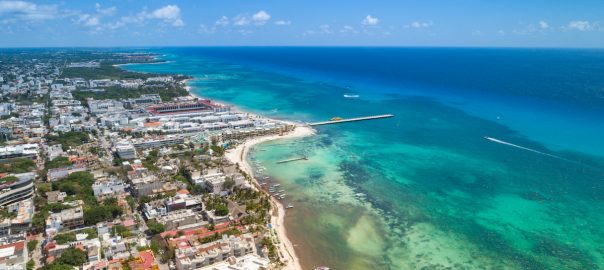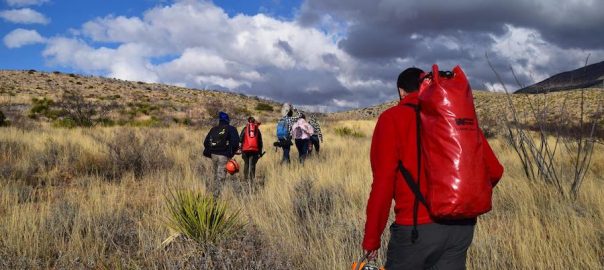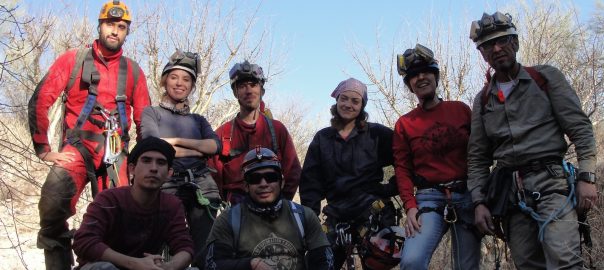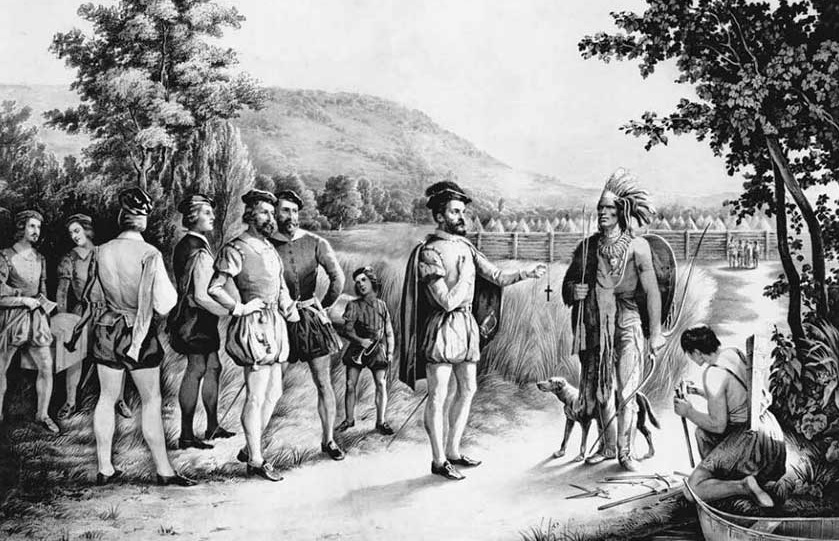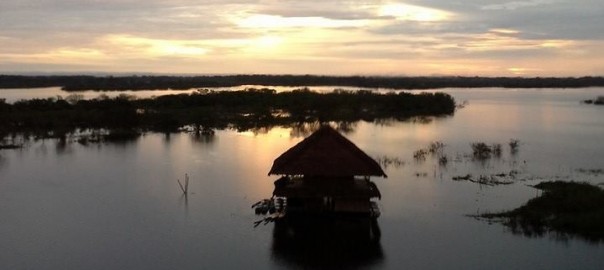Tag: mexico
The most beautiful cave in Sonora
Sonoran Caves: Where Few Dare Enter
by Omar Calva and Clément Ronzon Continue reading Sonoran Caves: Where Few Dare Enter
Retreating glaciers in Colombia, the possible Aztec origin of the Voynich manuscript, and a 65 million year old plesiosaur found in Chile.
BOLIVIA A Bolivian company is offering a certified chia seed for farmers interested in moving into the expanding international chia market. LATIN AMERICA Cancer is the second leading cause of death in Latin America and the Caribbean, according to statistics from the Pan American Health Organization. ARGENTINA Scientists at Argentina’s National University of Rosario have … Continue reading Retreating glaciers in Colombia, the possible Aztec origin of the Voynich manuscript, and a 65 million year old plesiosaur found in Chile.
Mexico’s coffee feels the heat, Colombia to open its first aviary, and a Puerto Rican scientist finds capybara fossils.
COLOMBIA Colombia plans on opening its first aviary off the Caribbean coast of the city of Cartagena and will harbor around 1,850 species. MEXICO Climate change is affecting coffee production in Mexico’s Chiapas region. More moisture means more coffee rust, a fungus that is currently spreading through South and Central America. PUERTO RICO A Puerto … Continue reading Mexico’s coffee feels the heat, Colombia to open its first aviary, and a Puerto Rican scientist finds capybara fossils.
A scientific study of Patagonia’s Beagle Channel, deforestation in the Gran Chaco, and a ‘planetarium on wheels’ in Mexico.
CHILE Scientists from Chile will be traveling to the southernmost part of Patagonia to study the continental tip that Darwin rounded on his voyage on the Beagle. The scientific expedition will study things like biodiversity, effects of climate change and anthropology of the local indigenous tribes. Critics are worried that Chile’s new energy minister will … Continue reading A scientific study of Patagonia’s Beagle Channel, deforestation in the Gran Chaco, and a ‘planetarium on wheels’ in Mexico.
Chile creates science ministry, ancient surgical techniques in Peru, and studying the DNA of the papaya.
ARGENTINA Researchers at the National University of Córdoba developed in rats a method for assessing the exposure of fetuses to moderate consumption of alcohol by their mothers. They found that the fetus familiarizes itself with flavors and odors in the amniotic fluid and that newborns recognize the smell of alcohol, even if the mothers have … Continue reading Chile creates science ministry, ancient surgical techniques in Peru, and studying the DNA of the papaya.
Ethnobiological drug discovery in Latin America
In the 1530s, the French seafaring explorer Jacques Cartier noticed that indigenous slaves did not die from the debilitating disease that was spreading through the ranks of his sailors. Upon inquiry, Cartier learned from Dom Agaya, one of the Huron natives, that the use of decoctions from the ameda tree protected them against scurvy. This … Continue reading Ethnobiological drug discovery in Latin America
Using satellites to find kidnapped people in Mexico, thirty-five species found in Ecuador since 2008, and Argentina beats out China in oilseed production.
MEXICO Students of Mexico’s National Polytechnic Institute are hoping to facilitate the rescue of kidnapped or missing persons using a satellite navigation system. The system won first prize for Latin America in the European Satellite Navigation Competition 2013. UNAM, the Juárez Hospital and the National Institute of Genomic Medicine are collecting indigenous genetic data for studies … Continue reading Using satellites to find kidnapped people in Mexico, thirty-five species found in Ecuador since 2008, and Argentina beats out China in oilseed production.
New ‘Game of Thrones’ slug found in Brazil, the ‘sponge effect’ of Latin America’s tropical forests, and Peru’s scientific cruise sails for Antarctica.
BRAZIL Brazilian scientists have discovered a slug that lives on the northwest coast of the country which they dubbed Tritonia khaleesi in honor of the character from the renowned television series “Game of Thrones.” The slug can grow up to 12 mm long and has a white stripe along the body that resembles the braid … Continue reading New ‘Game of Thrones’ slug found in Brazil, the ‘sponge effect’ of Latin America’s tropical forests, and Peru’s scientific cruise sails for Antarctica.
2014 and the future of Latin America’s bioeconomy
From quinoa genes that enable crops to resist climate change to intestinal bacteria that produce biopolymers and biofuels, scientific work performed in 2013 in Latin America suggests the continent is poised to become a bioeconomic power. Continue reading 2014 and the future of Latin America’s bioeconomy
Paraguay’s capital still without a wastewater treatment plant, Mexico City’s warmer winters and Latin America’s smartest cities.
PARAGUAY The Paraguay river–which flows through and supplies water to four Latin American countries and is a major commercial waterway–is polluted by millions of liters of wastewater every hour, reports EFE. Paraguay’s capital alone spews 3.2 million liters of untreated residential and commercial sewage each hour, admits Osmar Sarubbi, president of Paraguay’s sanitation services company … Continue reading Paraguay’s capital still without a wastewater treatment plant, Mexico City’s warmer winters and Latin America’s smartest cities.
Mexico passes a soda tax. So what's next?
How much of an impact can a soda tax have on the health of a population? Mexico recently approved a tax of 1 peso per liter—a little less than 10 cents—for beverages with sugar added. The measure hopes to address Mexico”s high rate of obesity, which according to the latest UNFAO report is one … Continue reading Mexico passes a soda tax. So what's next?

